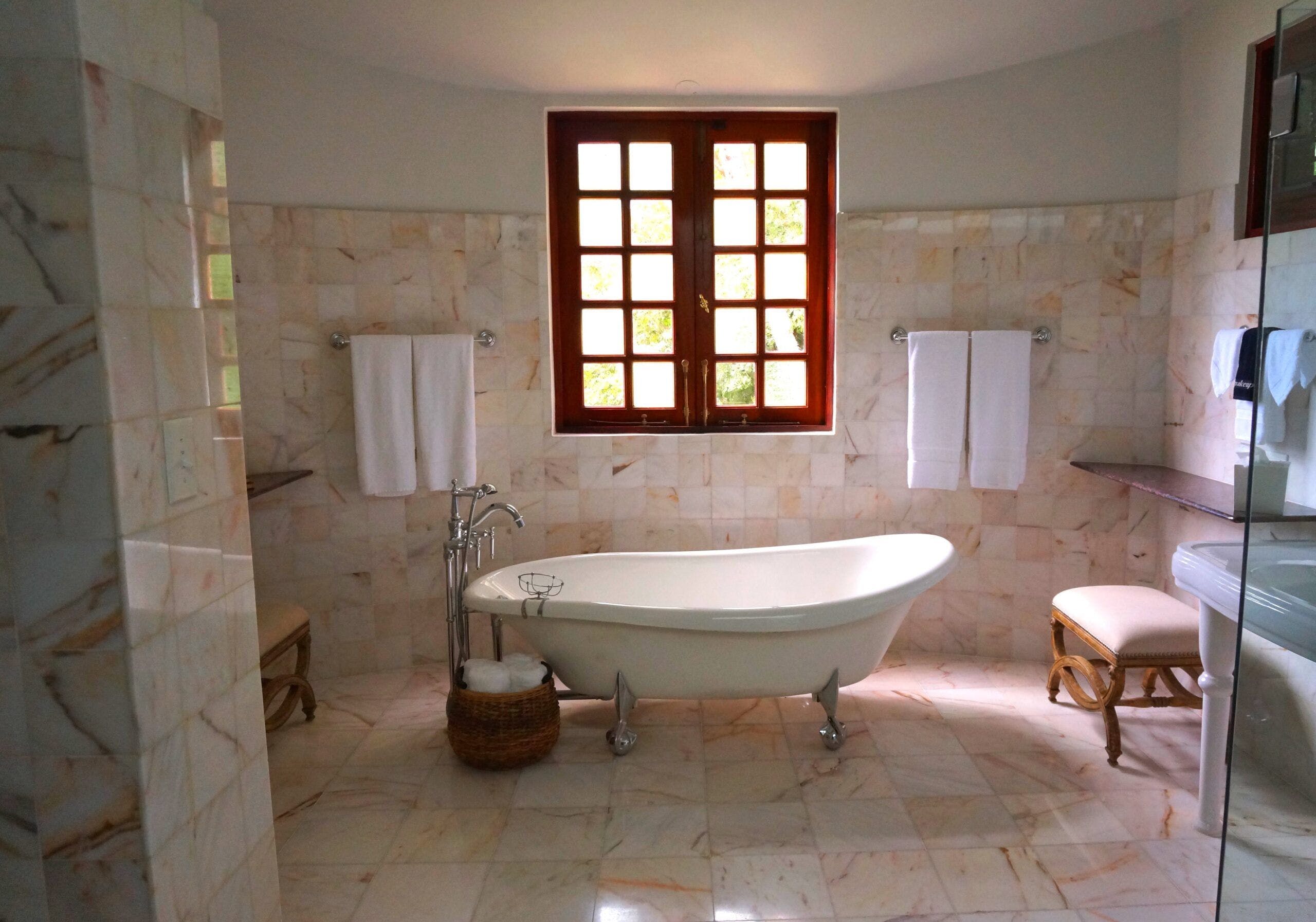There are many factors that go into planning for the future and purchasing life insurance is one of the most important. It’s what financially secures your family in the event of your passing. However, there are multiple types of life insurance aside you can choose from with each one catering to different needs. In this article, we’ll be going over the different types of life insurance and why you should cash in on your policy.
Whole/Permanent
Whole, or permanent, policies are the go-to life form of life insurance for many reasons. For starters, this policy covers you up to your death. It’s also the only policy you can invest in without too much thought. As you continue to pay the premiums every month, this policy builds up cash value overtime. This makes it one of the best coverages to acquire as early as possible. Buying a coverage as early as your 20s and maintaining steady payments can increase this policy’s value by a very large margin. As a result, this makes whole policies a fantastic option to cash in.
You don’t need to die to acquire a payout from your life insurance. Cashing in your life insurance, however, isn’t as simple as you may think. You can’t just go and sell it on a whim. Before you can cash in your policy, you need to determine its value. There are a lot of online guides you can read through that explain in detail on how you can determine the cash value of your policy and the factors that can impact it. Once you’re prepared, you can start looking for a reputable life settlement company.
Term
Term life insurance is the second most common coverage and is the polar opposite of a permanent policy. Instead of accruing value over time, a term policy gives you a set amount of funds that decreases over the years. How long this policy is active depends on how you go about it. You can have a term policy for as long as 30 years. The death benefit also functions differently. Once the allotted time has passed, then policy is no longer considered active, and you won’t get anything.
You can only receive a benefit if you either sell the policy or pass away while the policy is still active and there are many factors that will affect the price of your policy. Bear in mind, if you choose to sell your term policy, you want to make sure that it can be converted into a permanent insurance policy. Term policies themselves have no cash value at all, which can make them a slight gamble to sell to someone.
Universal
Universal life insurance works a little similar to a whole policy, but its value is completely determined by the stock market. The stock market that this policy is a part of is single handedly chosen by your insurer. Furthermore, universal policies require far more attention than the previous two as it’s technically an investment. However, unlike permanent and term coverage, universal coverage has pros and cons, like a limit on the investment for example. It doesn’t affect the overall base of the insurance, but you can’t invest too much.



Comments are closed.